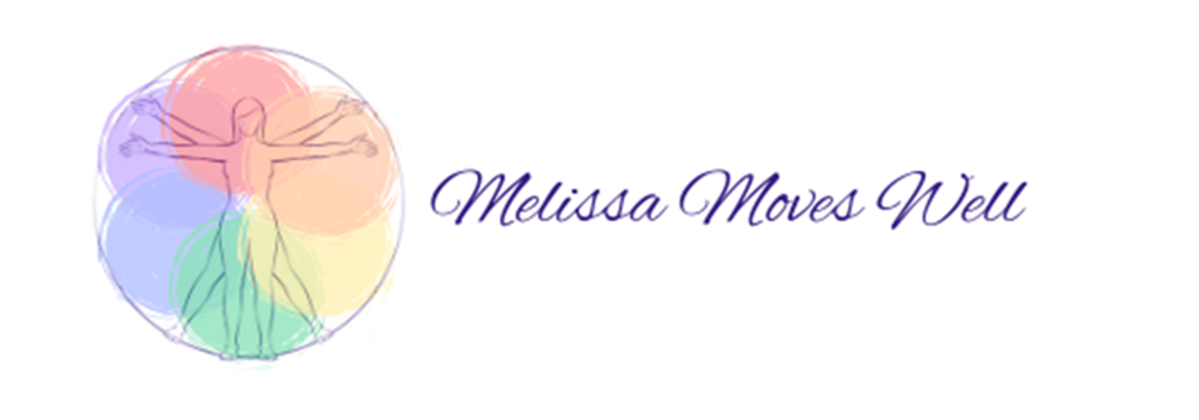
Well Warriors, we have reached the end of my Intuitive Exercise Series. Part 10. If you are just tuning in, I’ve been using the ten Intuitive Eating Principles as a framework to show how Exercise Culture places value on the calorie and a certain aesthetic. (You can read the intro here and part one here.) The last principle of Intuitive Eating is to honor your body with gentle nutrition. So today, let’s talk about Honoring our Long Term Health.
The exercise world is ageist, sexist, and narcissistic. Think about it. Most personal trainers are young, or are willing to go to extreme lengths to appear that way. Most of the more known trainers are men and the ones who aren’t tend to have a very masculine energy (note, there is nothing wrong with this, just noting that this is rewarded in exercise world). And most of the more known/celebrated trainers have a very particular body type, or again, are willing to go to extreme lengths to get/maintain it.
Trainers are taught (wrongly) to use their bodies to attract clients. But (and the media and social media deserve blame here, too) when you are presented with exactly one very idealized look over and over again, you begin to think that if you don’t or can’t fit that mold then you must be a failure. I am pretty sure this gem says it all.
And what is this idealized look? Someone who is lean, with just the “right” amount of muscle definition. Someone who doesn’t jiggle anywhere they shouldn’t and has the perfect hair/teeth/tan to go with the whole package. And it is someone young.
Somewhere along the line, we started pimping the idea that exercise is only for younger people. Individuals who take the time to be physically active must be younger than I am. Maybe it is tied up with the fact that high level athletes tend to be younger. Maybe it is tied up in the younger people go harder myth. Maybe it is just tied up with the idea that many of us want our 20 year old bodies back.
But a few points of fact here: First, being physically active has benefits regardless of what age you currently are. Whether you are starting as a teenager or as a octogenarian, being consistently physically active has benefits for your Physical Health, as well as your Mental and Emotional Health. And if you want more details on that, take a little skim through my past articles.
Second, being physically active does not necessarily mean high intensity. In fact, some of the most beneficial activities we can do are moderate or lower intensity. I’m looking at you walking and yoga. These are also things that allow us to stay active through a much larger percentage of our lives. That longevity of activity is where disease mitigation and attenuation of age related changes actually happens.
Third, bodies are meant to change over the course of a lifetime. Your 20 year old body wasn’t “better” than the body you are currently living in. It could probably do more intense things but see my previous point. It might have been a smaller size or leaner, but the body you have now has lived. Probably through some stuff that your 20 year old self wouldn’t be able to handle.
Honoring our long term health with exercise means that we are consistently active. Not fits and starts with the latest workout craze. Or an on-again, off-again relationship with the gym. But choosing exercise and movement that feels good on a very regular basis.
That means we need to be willing to constantly re-evaluate where we are. Both from a physical capability perspective and a life capability perspective. It also means that we are in touch with our physical bodies enough that we understand what they are asking of us and are willing to respond in kind.
Physical activity, exercise, or movement is one of the most important things you can do for your body from a longevity standpoint. Bodies are designed to move and when they don’t or aren’t given different options when needed, they rust or break down. And those things we do consistently over time are what determines long term health and outcomes.
Tell us in the comments, which of the Intuitive Exercise Principles did you find most beneficial? And until next time, be well friends!

